Actively interact with people
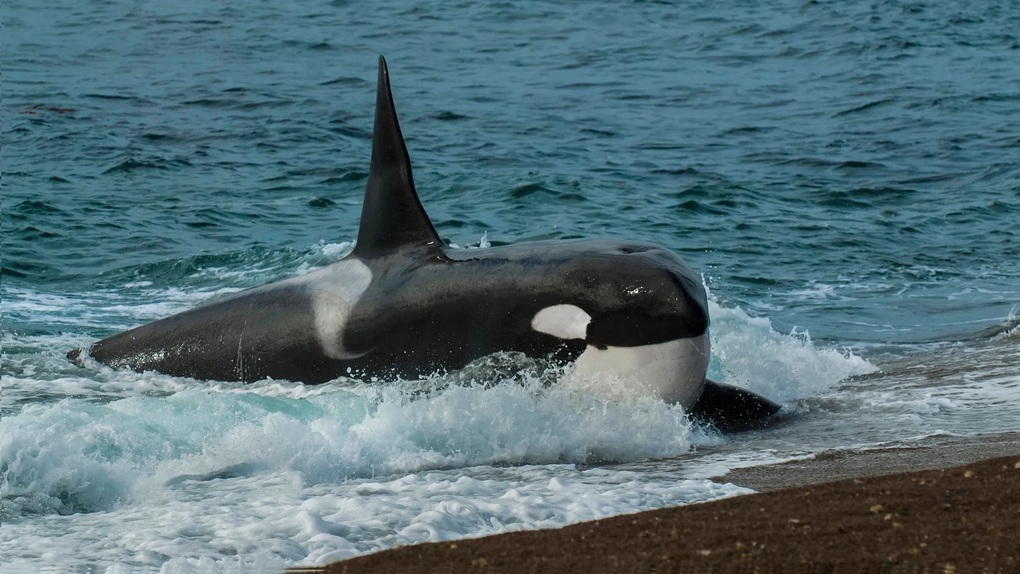
Experts have confirmed 34 cases of killer whales approaching humans and offering food over the past 20 years (Photo: Deposit Photos).
During two decades of research, international scientists have recorded 34 cases of killer whales (scientific name: Orcinus orca ) actively providing food for humans, even though they are one of the most intelligent apex predators in the ocean.
These unexpected gifts from the ocean include fish, squid, seabirds, seals, and even seaweed. Recorded cases show whales actively approaching people who are swimming, standing on shore, or sitting in boats, dropping prey in front of them and waiting for a reaction, with an average wait time of 5 seconds.
Remarkably, in more than half of the recorded cases, killer whales carried an intact prey, demonstrating that their behavior was intentional, not accidental.
In two-thirds of observations, they approached alone, but occasionally in pairs or small groups. They also often showed patience, trying again if the human did not respond.
Although killer whales have been nicknamed "ruthless predators", they are also noted for their complex matriarchal social structures, their communication using distinctive vocal systems, and their distinct cultures within groups.
Food sharing is a behavior typically reserved for group members to bond socially. When extended to humans, this may indicate an intention to build an interspecies bond.
This raises interesting questions: Are killer whales “surveying” human behavior? Or is it a form of play, learning, or even a sign of friendship?
Killer whales may approach primate intelligence
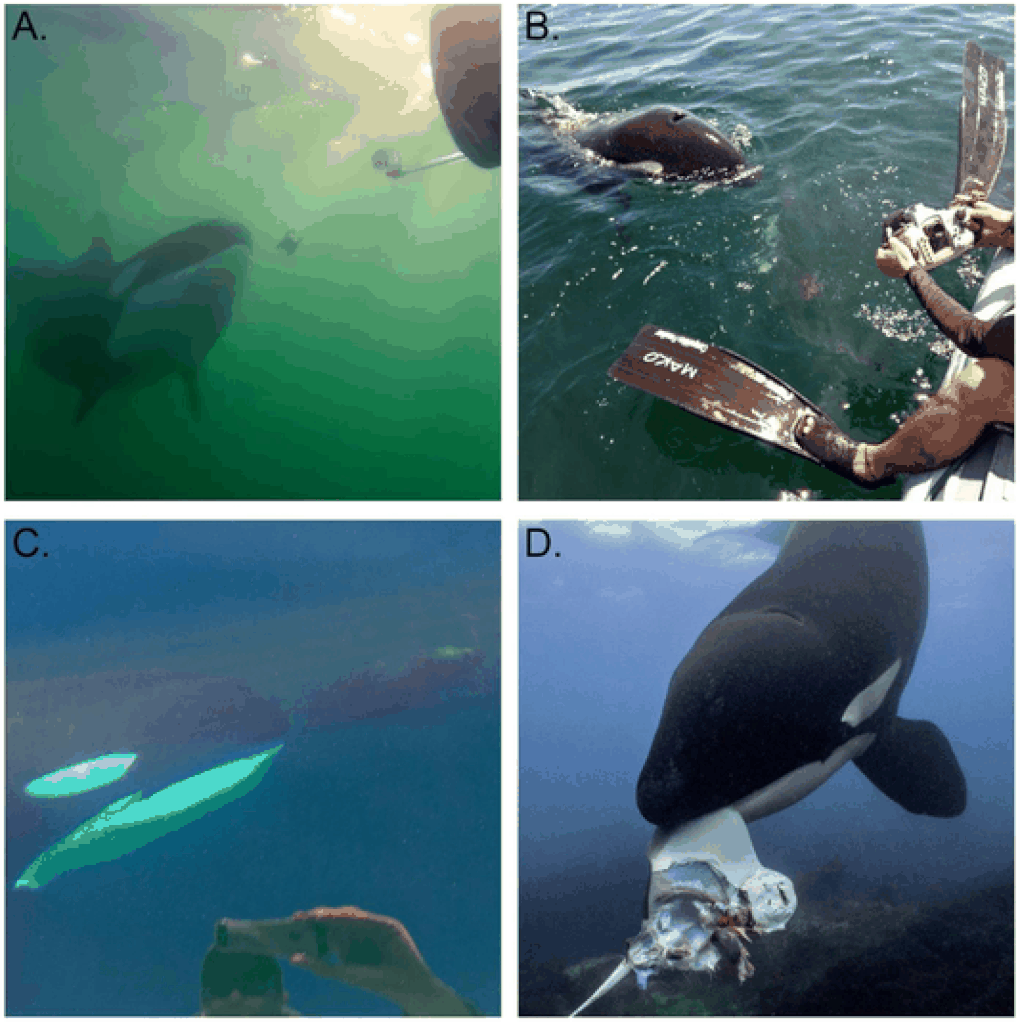
Image of killer whales sharing food with humans (Photo: Popular Science).
According to a team of researchers led by ecologist Jared Towers, the behavior of killer whales giving food to humans may be the clearest evidence yet of "evolutionary convergence of intelligence" between humans and other creatures.
More importantly, killer whales are one of the animals with the largest brain-to-body ratio, second only to humans. This makes their behavior not simply instinctive, but can be understood as a form of social culture, passed down from adults to the younger generation, similar to the parenting behavior of primates.
Another factor that may drive this behavior is that there is no clear competition for resources between killer whales and humans, so they are willing to “donate” leftover food without any perceived benefit.
The study concludes that this behavior not only reflects a potential link between humans and whales, but also provides important evidence in the field of psychology, helping to better understand the evolution of intelligence and social behavior in species other than primates.
However, apart from killer whales, science has never recorded the behavior of wild animals providing food for humans, especially from a predator that is high in the food chain.
Source: https://dantri.com.vn/khoa-hoc/ly-do-dang-sau-viec-ca-voi-sat-thu-bieu-thuc-an-cho-con-nguoi-20250708230805436.htm




![[Photo] The majestic "sea eye" in the middle of the ocean of Da Nang city](https://vphoto.vietnam.vn/thumb/1200x675/vietnam/resource/IMAGE/2025/9/3/a2cdfcc4501140e6a6bc2ad767f64b36)

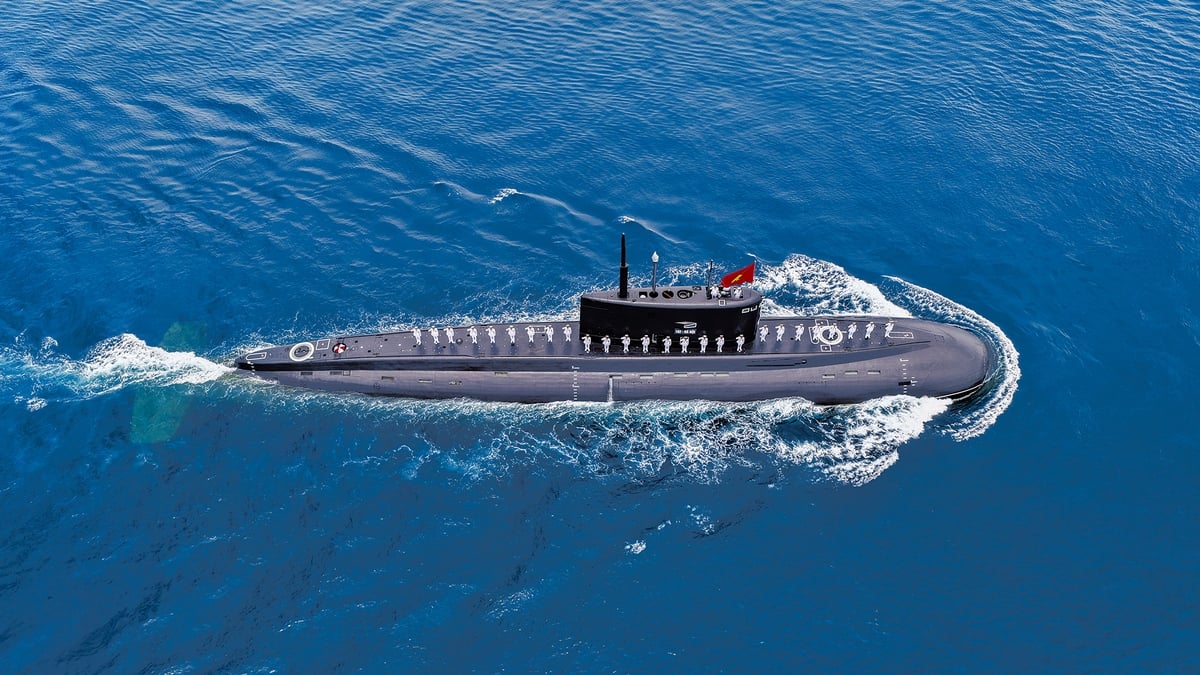
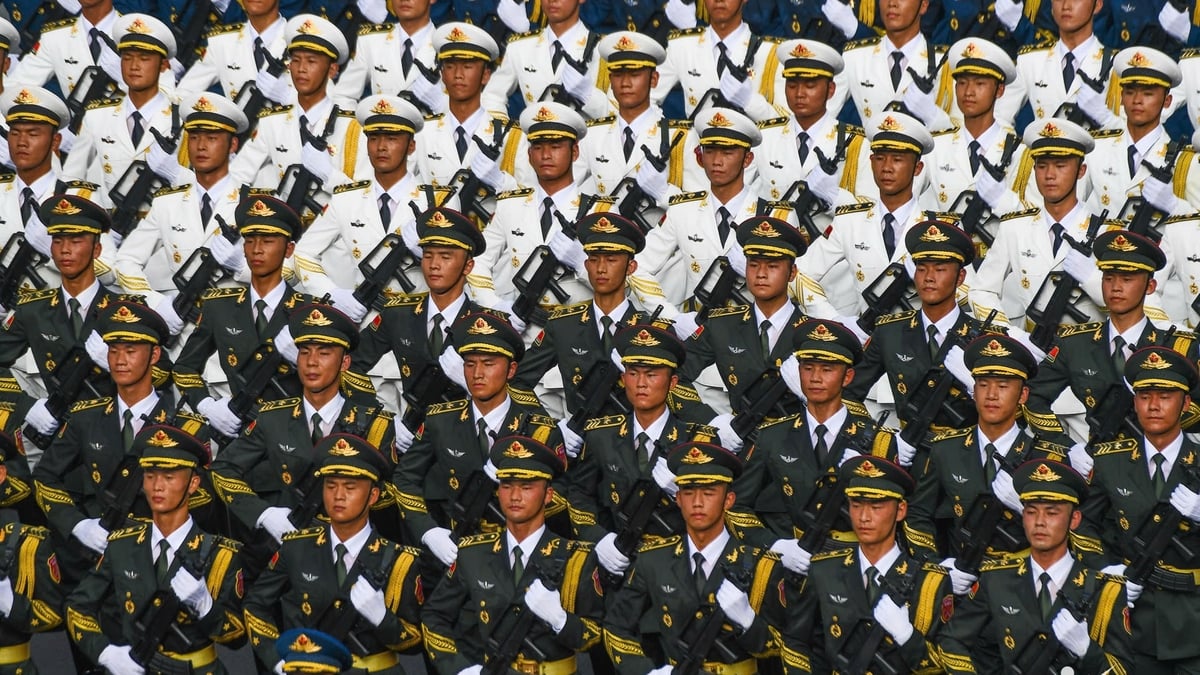





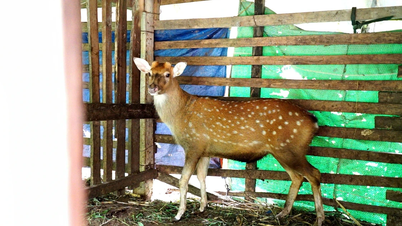



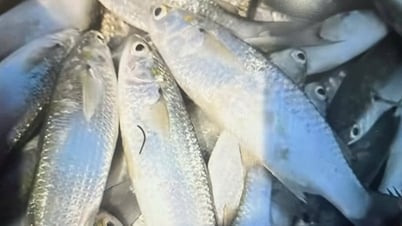

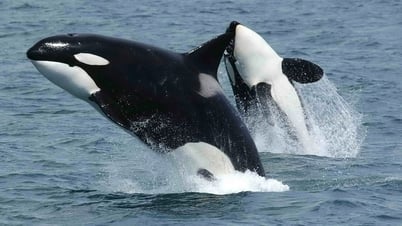
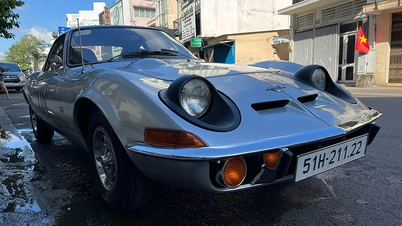




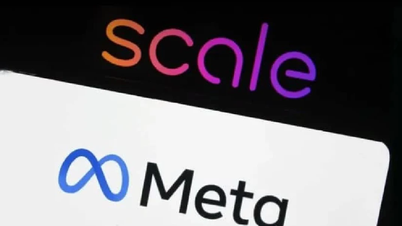








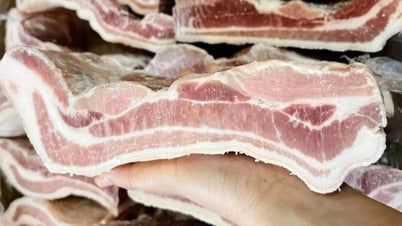












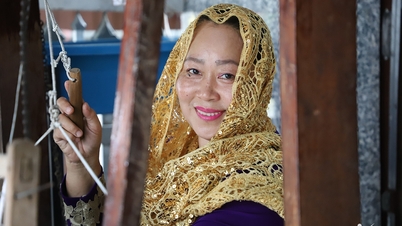


























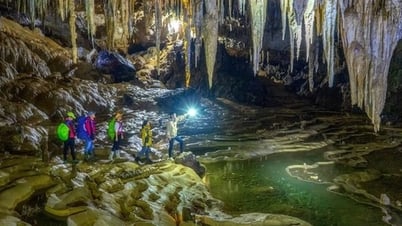












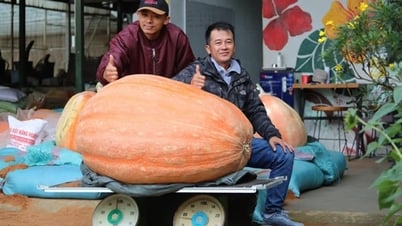














Comment (0)